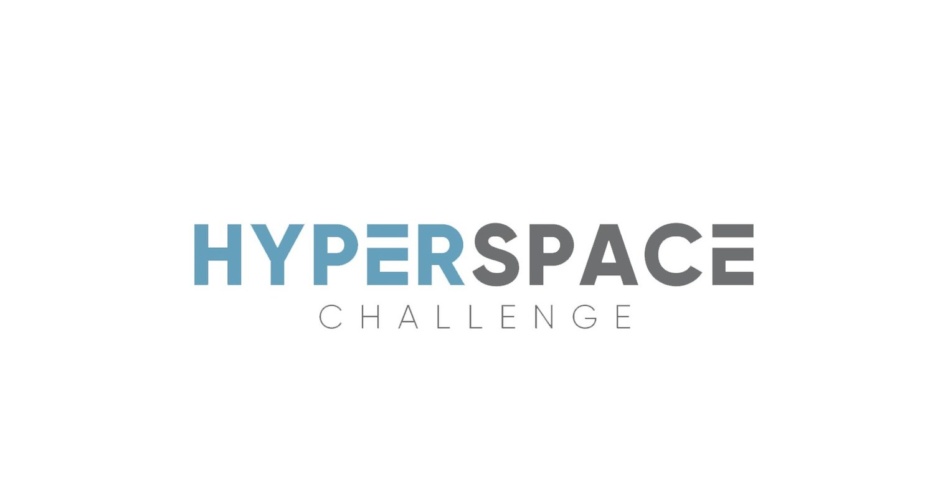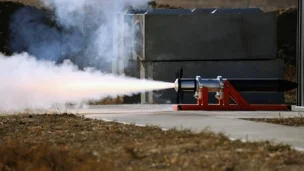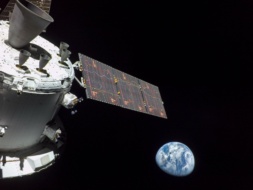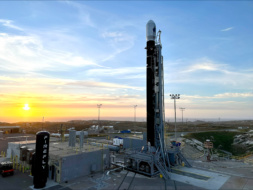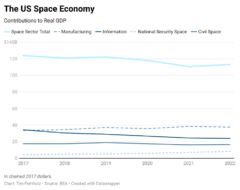The Hyperspace Challenge accelerator announced a new partnership with the US Space Force’s Rapid Capabilities Office (RCO) just before applications open for this year’s class of startups.
Hyperspace 101
The Air Force Research Lab (AFRL) launched the challenge in 2018 to recruit small businesses to solve DoD’s problems and make officials more aware of the work startups are doing that could benefit national security. During the two-day accelerator, cohorts focus on a central problem statement and work to improve their product to meet that particular DoD need.
When it works as planned, there’s a useful exchange: participating startups build relationships and inroads with potential customers and partners within the DoD, and in return, those government agencies get a greater understanding of the new technologies being developed to solve their problems.
- The challenge also lets startups and government stakeholders hammer out the details of what resources are needed to solve the problems posed by the accelerator.
- “It’s worth trying to continue to be super responsive to what both the government needs, [and] what these companies need right to be successful in their commercial business and the government business,” Matthew Fetrow, Space RCO communications manager, told Payload.
This year’s problem statement is threefold:
- Increase space visibility and awareness
- Advance space analysis and vehicle autonomy
- Increase space vehicle lifespan and maneuverability
The acquisition problem
The accelerator’s partnership with Space RCO aims to shorten the traditional long and winding road to acquisition from years to ASAP.
“We want to establish those relationships and those partnerships with the broadest number of people as we can so that when we get that requirement, we get that need from senior Space Force and Air Force leadership, we know what potential solutions might be out there,” Fetrow said. “For us, that’s what rapid means. It’s not just trying to do that old system, or quickly ramming into a smaller space, it’s actually doing things differently.”
Broadening the perspective
Since its inception, the Hyperspace Challenge has focused on solving problems for the space industry by engaging mostly space companies. With this partnership, though, the accelerator is increasing its efforts to bring in cohort members from other industries, like the mining and automotive industries, to bring new perspectives to old problems.
“We [don’t] have to…come up with totally new solutions,” Kathy Steen, senior program manager for Hyperspace Challenge, told Payload. “There may be solutions terrestrial that can be applied celestial.”
+ If you’re interested…Applications won’t open up until next month, but the Hyperspace Challenge is currently soliciting interest.
